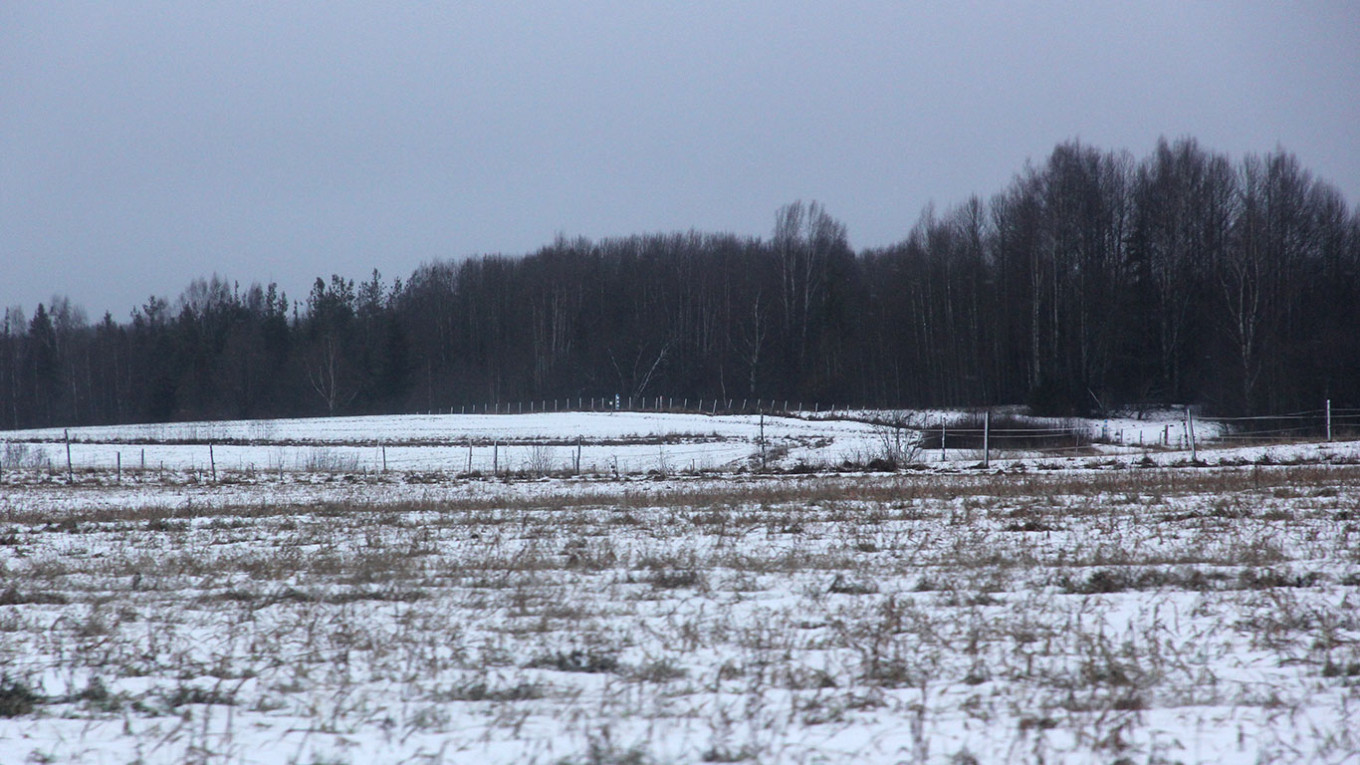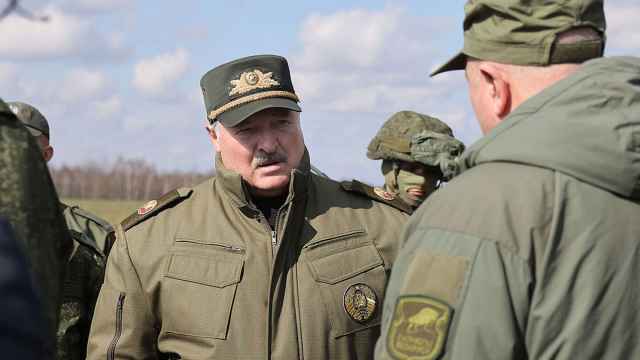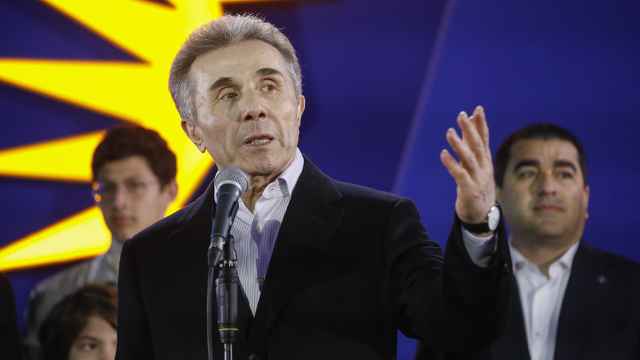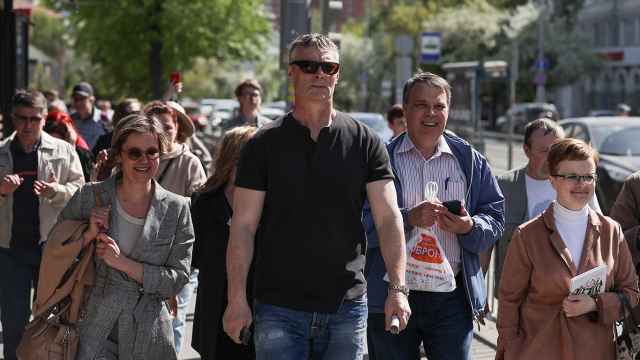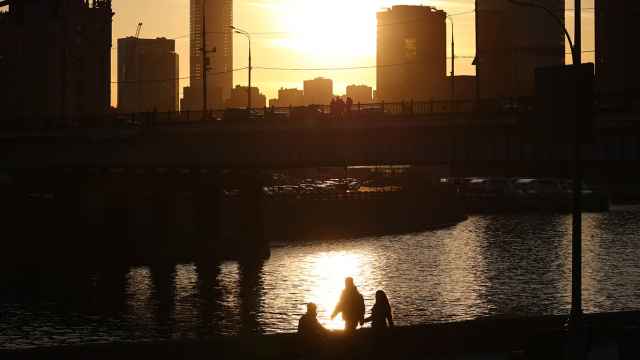Finland unveiled a plan on Friday to build a 200-kilometer fence along its border with Russia, amid increased security concerns since Moscow's invasion of Ukraine began in late February.
"In this situation, we have every reason to reconsider our arrangements," Brigadier General Jari Tolppanen of the Finnish Border Guard agency told AFP.
Some 200 kilometers of the 1,300-kilometre border would be fenced at a cost of around 380 million euros ($394 million), the border agency said.
The fence will be over three meters tall with barbed wire at the top, with particularly sensitive areas being equipped with night vision cameras, lights, and loudspeakers, project manager Ismo Kurki explained during a press conference.
The construction is scheduled to go ahead in three phases.
First, a pilot fence three kilometers long will be built at the Imatra border crossing in March 2023.
Based on that experience, the second phase will see the construction of a further 70 kilometers of fence in areas near border crossings, starting in late 2023.
The government has already earmarked in its budget six million euros for the pilot scheme and 139 million for the second phase.
A final phase is planned for completion in 2025 or 2026, Tolppanen said.
Fearing that Moscow could use migrants to exert political pressure on Helsinki, NATO candidate Finland passed new amendments to its Border Guard Act in July to facilitate the construction of sturdier fences.
While the Finland-Russia border had "worked well" in the past, Tolppanen said, he noted that the war in Ukraine had changed the security situation "fundamentally."
The amendments to the law make it possible to close border crossings and concentrate asylum seekers at specific points in the event of large-scale attempts to enter Finland and, "in an extreme situation," the Border Guard would be "tasked with preventing entry to Finland."
At present, Finland's borders are secured primarily by light wooden fences, mainly designed to stop livestock from wandering to the wrong side.
Estonia, Latvia and Poland have also increased security on their borders with Russia or are planning to do so.
Finland saw an influx of Russians in September after President Vladimir Putin ordered the mobilization of reservists to fight in Ukraine, causing Helsinki to severely restrict entry for Russian citizens.
A Message from The Moscow Times:
Dear readers,
We are facing unprecedented challenges. Russia's Prosecutor General's Office has designated The Moscow Times as an "undesirable" organization, criminalizing our work and putting our staff at risk of prosecution. This follows our earlier unjust labeling as a "foreign agent."
These actions are direct attempts to silence independent journalism in Russia. The authorities claim our work "discredits the decisions of the Russian leadership." We see things differently: we strive to provide accurate, unbiased reporting on Russia.
We, the journalists of The Moscow Times, refuse to be silenced. But to continue our work, we need your help.
Your support, no matter how small, makes a world of difference. If you can, please support us monthly starting from just $2. It's quick to set up, and every contribution makes a significant impact.
By supporting The Moscow Times, you're defending open, independent journalism in the face of repression. Thank you for standing with us.
Remind me later.


